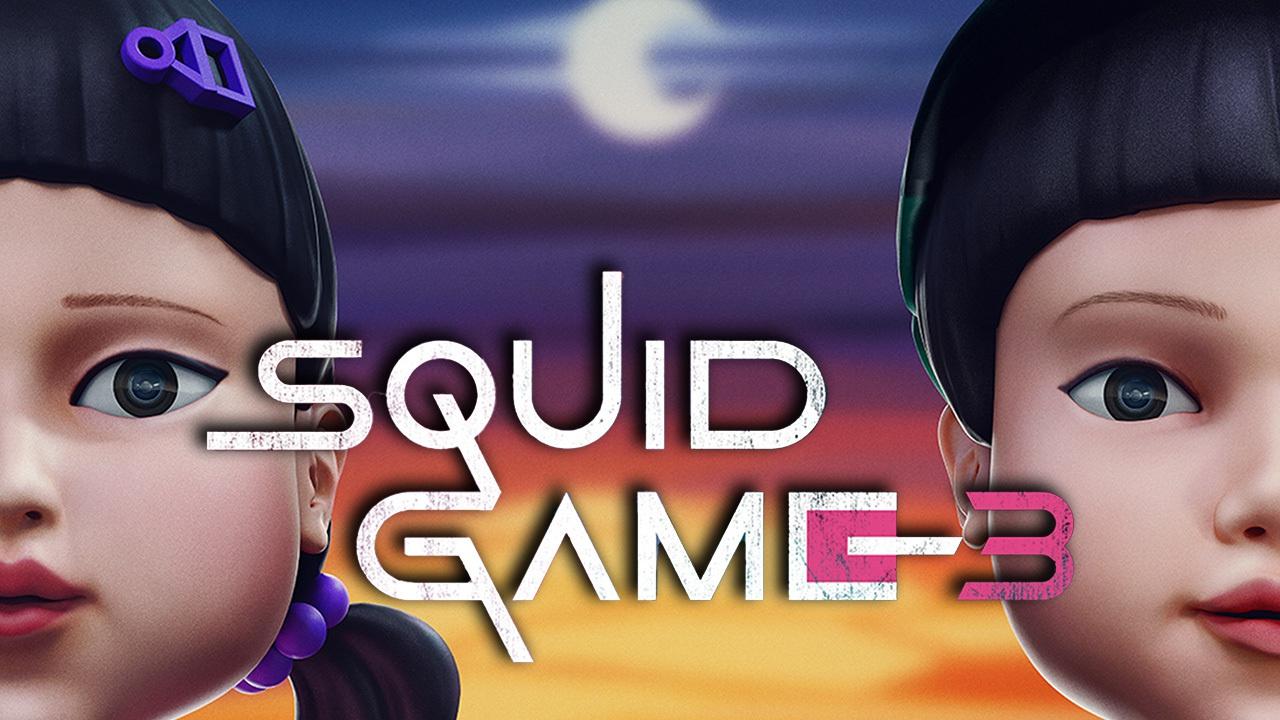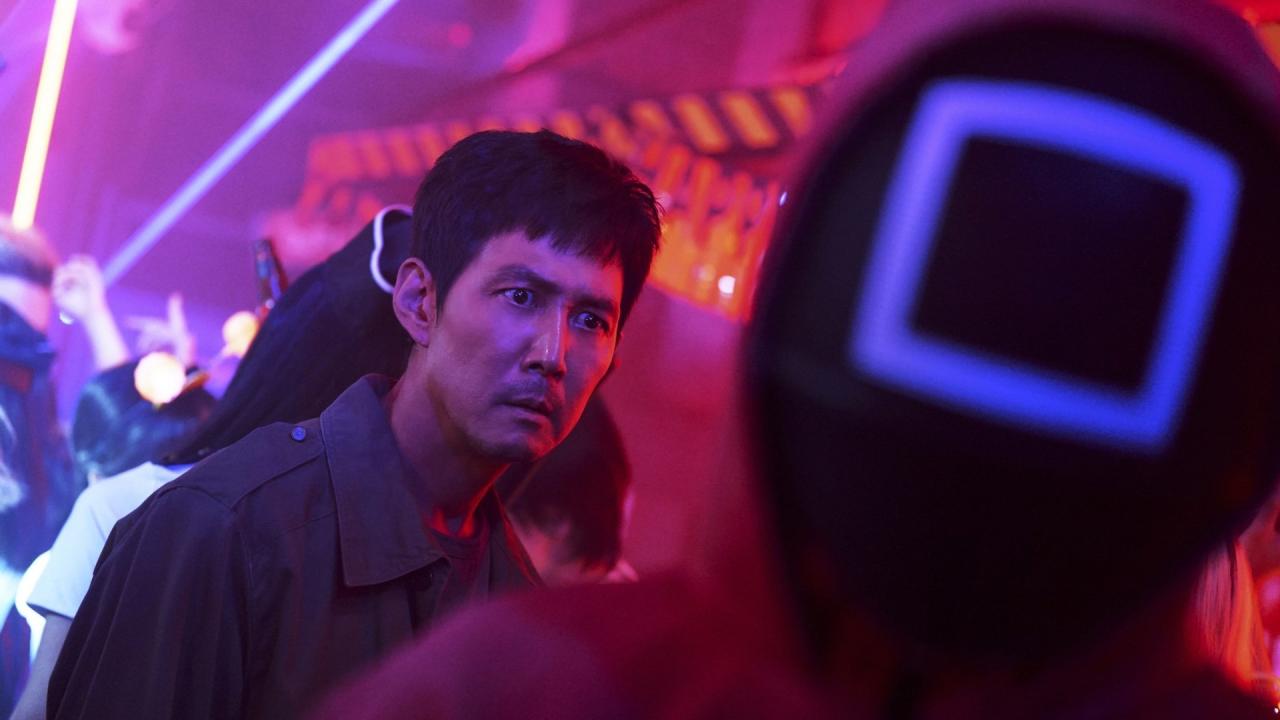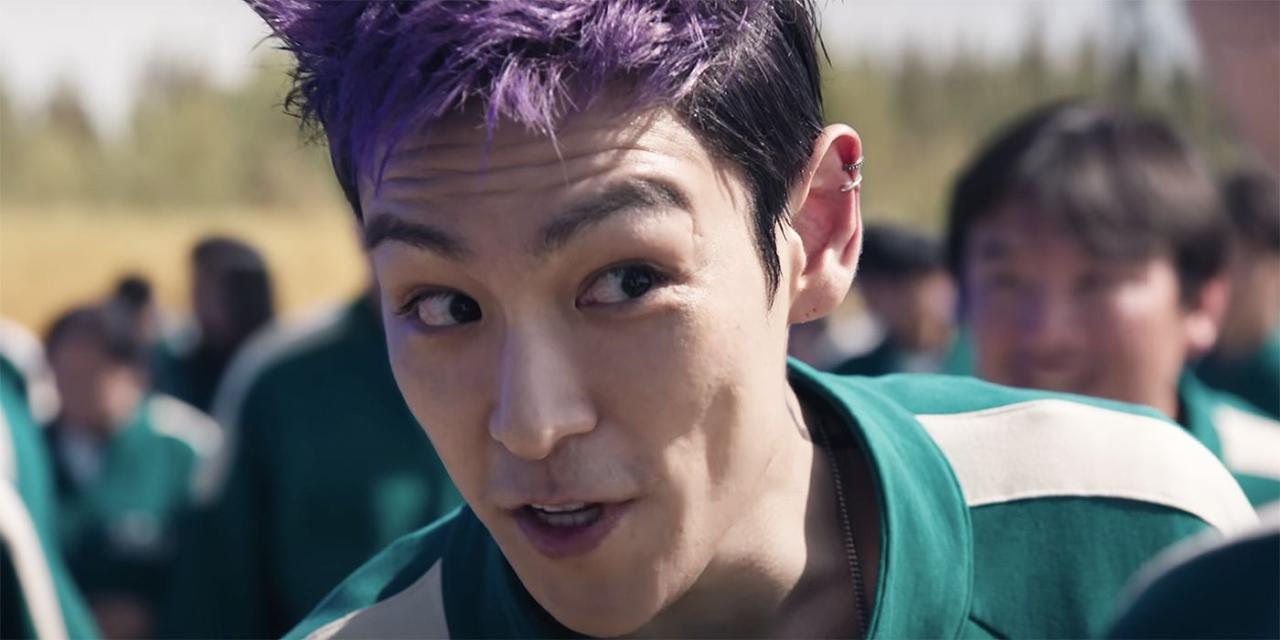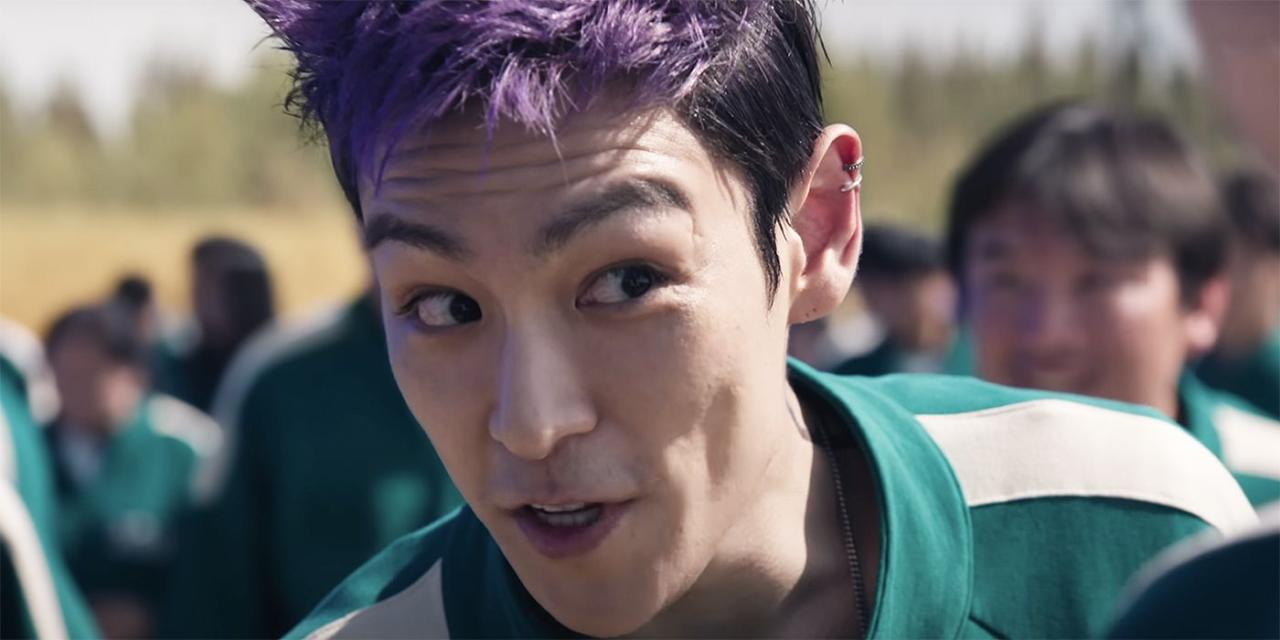Squid Game Histoire Vraie? The hit Netflix series wasn’t just a thrilling spectacle; it sparked intense debate about its reflection of real-world struggles. This exploration delves into the show’s inspiration, examining the parallels between its debt-ridden characters and the harsh economic realities faced by many globally, particularly in South Korea. We’ll uncover the historical context of the children’s games depicted, analyze the psychological pressures faced by the participants, and dissect the show’s striking visuals and their contribution to its overall impact.
Finally, we’ll consider the show’s global phenomenon status and its powerful social commentary.
So you’re into the “Squid Game histoire vraie” debate? It’s fascinating how real-life desperation fuels such narratives. Think about the sheer scale of spectacle, though – completely different, but equally captivating, is the incredible visual artistry of the china new year drone show 2024 , a breathtaking display of technology. Returning to “Squid Game histoire vraie,” it makes you wonder what other extreme situations might inspire such dramatic stories.
From the desperation of the characters to the societal inequalities highlighted, “Squid Game” taps into anxieties felt worldwide. By comparing the games to real-life equivalents and exploring the psychological underpinnings of the participants’ actions, we can better understand the show’s resonance and its lasting effect on cultural discourse. We’ll also look at how the show’s visual style, from the stark color palette to the unsettling settings, enhances the narrative’s intensity and underscores its themes.
The Inspiration Behind “Squid Game”: Real-World Parallels
The dystopian world of “Squid Game” isn’t entirely fictional. Its brutal depiction of desperation and societal inequality finds unsettling echoes in real-world struggles, particularly within South Korea’s complex economic landscape and globally.
Debt and Economic Hardship in “Squid Game” and Reality
The show powerfully portrays characters burdened by crippling debt, forced into desperate measures for survival. This resonates deeply with the realities of many individuals in South Korea, where high levels of household debt and economic pressure are prevalent. Globally, similar economic anxieties fuel desperation and drive individuals to make difficult choices, mirroring the participants’ choices in the game.
Societal Inequality Reflected in the Game’s Structure
The hierarchical structure of the games themselves mirrors real-world societal inequalities. The elite, wealthy VIPs who watch the games represent a detached and privileged class, oblivious to the suffering of the players. This mirrors the stark contrast between the wealthy and the impoverished in many societies, highlighting the systemic issues that perpetuate such disparities.
Comparison of “Squid Game” Games and Real-World Parallels
| Game Name | Description | Real-World Parallel | Level of Violence/Risk |
|---|---|---|---|
| Red Light, Green Light | Players must freeze when the doll turns around. | Military drills, obedience training, societal pressure to conform. | Low (physical), High (psychological) |
| Honeycomb | Players must carefully carve out shapes from a honeycomb without breaking it. | High-stakes challenges with limited resources, the pressure to succeed. | Low (physical), High (psychological) |
| Tug-of-War | Teams compete in a tug-of-war match. | Competition for resources, societal divisions, power struggles. | Medium (physical), Medium (psychological) |
| Marbles | Players engage in a game of marbles with high stakes. | Gambling, exploitation, trust and betrayal. | Low (physical), High (psychological) |
Child’s Games and Their Darker Sides: A Historical Perspective
The seemingly innocent children’s games in “Squid Game” are not merely nostalgic elements; they serve as a chilling reminder of how playful activities can be twisted into tools of violence and control. Examining their historical context reveals a deeper layer of meaning.
Evolution of Traditional Korean Children’s Games
Many of the games featured are rooted in traditional Korean culture, evolving over generations. While originally played for fun and social interaction, the show repurposes them, highlighting the potential for even the most familiar activities to become instruments of oppression and survival.
Innocent Games, Violent Contexts

Throughout history, seemingly innocent games have been manipulated for nefarious purposes. Examples range from using children’s games in military training to their adoption in exploitative practices. The show’s depiction of these games in a life-or-death scenario reflects this darker potential.
Symbolic Meanings of “Squid Game” Games
- Red Light, Green Light: Represents unquestioning obedience and the dangers of blind adherence to authority.
- Honeycomb: Symbolizes the fragility of life and the precariousness of survival under pressure.
- Tug-of-War: Represents the struggle for survival and the inherent competition for limited resources.
- Marbles: Symbolizes trust, betrayal, and the manipulation of relationships in desperate situations.
- Glass Stepping Stones: Represents the unpredictable nature of fate and the risks individuals take in the pursuit of survival.
The Psychology of “Squid Game”: Human Behavior Under Pressure
The show offers a compelling study of human psychology under extreme pressure. The characters’ motivations, moral dilemmas, and reactions to stress provide fertile ground for exploring established psychological theories.
Psychological Pressures and Motivations

The characters are driven by a range of psychological factors, including desperation, survival instinct, and the desire for redemption. Their actions can be analyzed through the lens of various psychological theories, such as Maslow’s hierarchy of needs and social cognitive theory. The immense pressure of the games forces them to confront their deepest fears and desires.
So, you’re wondering about “Squid Game histoire vraie”? While the show’s fictional, the desperation it depicts is sadly real for many. Think about the intense surveillance – a completely different kind of pressure, but equally compelling, is the underwater monitoring possible with the amazing magura v5 sea drone. Its advanced technology offers a fascinating contrast to the games’ brutal simplicity, highlighting how technology can be used for both good and ill, much like the themes explored in “Squid Game histoire vraie”.
Moral Dilemmas and Ethical Considerations
The participants face constant moral dilemmas, often forced to choose between self-preservation and empathy. Their choices reflect real-world ethical considerations, such as utilitarianism versus deontology, raising questions about the limits of morality in the face of extreme adversity. The show challenges viewers to consider their own moral boundaries.
So you’re wondering about “Squid Game histoire vraie”? While the show’s fictional, the desperation it portrays is sadly real for many. Think about the lengths people go to for survival, and consider the potential for advanced surveillance tech like the magura v5 sea drone , which could be used to monitor vast areas, highlighting the need for ethical considerations in technological advancement, mirroring the ethical dilemmas in “Squid Game histoire vraie”.
Character Reactions and Real-World Case Studies
The characters’ responses to stress and desperation can be compared to documented case studies of individuals facing similar circumstances, such as those experiencing extreme poverty or participating in survival situations. The show’s portrayal of their emotional and psychological breakdown provides a window into the human capacity for both resilience and vulnerability.
The Visuals and Setting of “Squid Game”: A Deeper Look
The visual style of “Squid Game” is integral to its impact. The vibrant yet unsettling color palette and stark settings contribute significantly to the overall atmosphere and thematic resonance.
Visual Style and Narrative Impact
The show employs a striking contrast between the bright, almost cartoonish colors of the game sets and the drab, muted tones of the characters’ everyday lives. This juxtaposition underscores the surreal and nightmarish nature of the games, highlighting the stark reality of their situation. The visual elements are meticulously crafted to create a sense of unease and heightened tension.
Setting and Color Palette
The pastel colors of the game sets – the vibrant green of the playground, the bright pink of the doll, the stark white of the hallways – create a jarring contrast with the grim reality of the characters’ circumstances. This juxtaposition underscores the absurdity and cruelty of the games. The muted, desaturated colors of the outside world reflect the characters’ hopelessness and despair.
Color and Imagery: Conveying Emotion
The use of color is deliberate and symbolic. The vibrant hues of the games initially suggest innocence and playfulness, but this is quickly subverted as the violence and brutality unfold. The desaturated colors of the characters’ surroundings emphasize their feelings of isolation and hopelessness. The contrast between these two color palettes intensifies the emotional impact of the narrative.
The Global Impact of “Squid Game”: Cultural Phenomenon and Social Commentary: Squid Game Histoire Vraie
The global popularity of “Squid Game” is a testament to its powerful storytelling and timely social commentary. Its reception and interpretation vary across cultures, sparking important discussions about wealth inequality and human nature.
Factors Contributing to Global Popularity, Squid game histoire vraie
Several factors contributed to the show’s success, including its unique premise, compelling characters, and the universal theme of economic desperation. The accessibility of the games, despite their deadly consequences, resonated with viewers worldwide. The show’s exploration of universal themes, such as survival and betrayal, made it relatable across diverse cultural backgrounds.
Cross-Cultural Reception and Interpretations
While the show’s core themes resonated globally, its reception and interpretation varied across different cultures and regions. In some countries, the focus was on the social commentary on wealth inequality, while in others, the emphasis was on the psychological aspects of the games and the characters’ moral dilemmas. These varying interpretations reflect the diverse social and political contexts in which the show was viewed.
Social Commentary and Criticisms
The show sparked significant social commentary and criticism concerning wealth inequality, societal structures, and human nature. The stark depiction of class disparity and the brutal consequences of systemic inequalities fueled discussions about economic justice and social mobility. The show’s exploration of human behavior under pressure also generated debate about the capacity for both cruelty and compassion in the face of adversity.
Last Recap

Ultimately, “Squid Game Histoire Vraie” reveals a complex interplay between fictional entertainment and stark realities. While the show’s extreme scenarios are fictional, the underlying themes of economic disparity, societal pressures, and the human condition resonate deeply with audiences worldwide. The show serves not just as gripping entertainment, but also as a potent reflection of our times, prompting crucial conversations about inequality, morality, and the choices we make under pressure.
Its enduring popularity underscores its power to provoke thought and ignite dialogue about critical social issues.
Clarifying Questions
Was Squid Game inspired by a true story?
No, Squid Game is not based on a single true story. However, it draws inspiration from real-world issues like economic hardship, societal inequalities, and the darker side of childhood games.
Are the games in Squid Game based on real Korean games?
Yes, many of the games are based on traditional Korean children’s games, though the deadly consequences are entirely fictional.
What is the show’s main social commentary?
The show primarily comments on extreme wealth inequality, the pressures of a competitive society, and the moral compromises people make when desperate.
Why was Squid Game so popular globally?
Its gripping premise, relatable characters facing extreme situations, and its exploration of universal themes resonated with a global audience.
